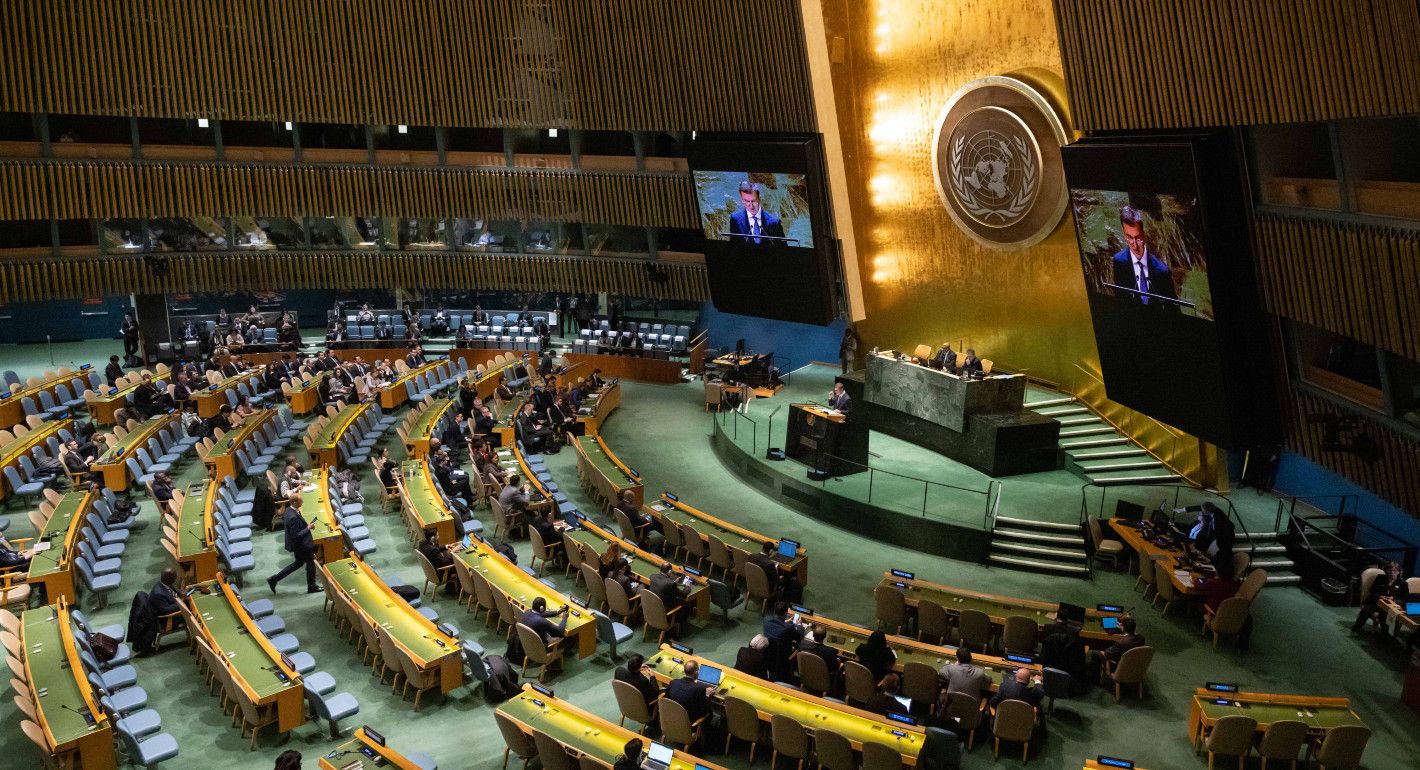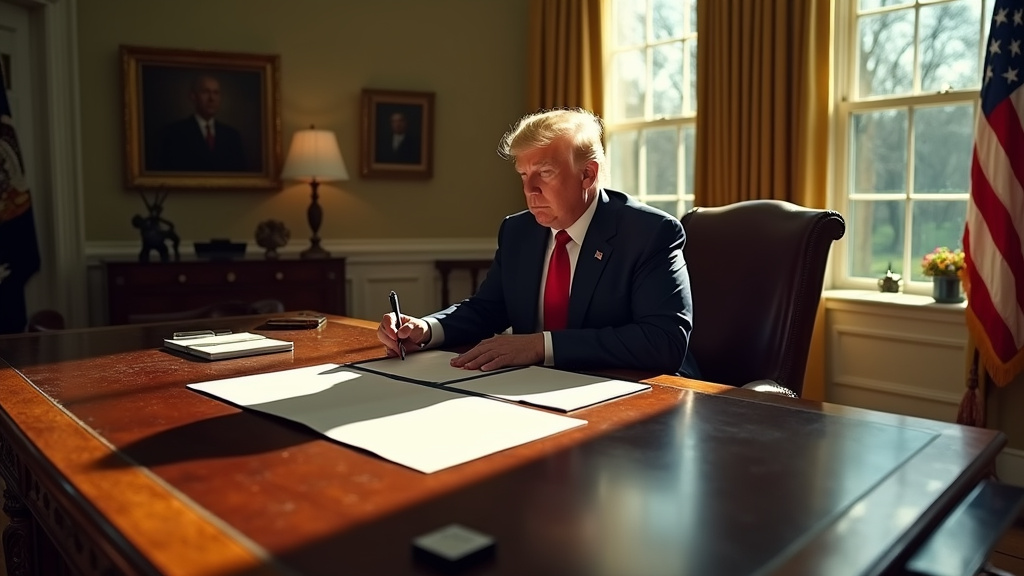GENEVA – Representatives from the United States, the European Union, China, and several other leading global economies today revealed a significant provisional agreement on new global climate targets and associated financial aid mechanisms. The announcement, following intense, multi-day negotiations held here in Geneva, marks what many observers are calling a critical breakthrough in international climate diplomacy.
The provisional pact outlines ambitious commitments designed to accelerate the pace of global emissions reductions. A central element of this agreement is the establishment of a specific milestone targeting 2035 for significantly accelerated emissions cuts among participating nations. This accelerated timeline aims to bring collective global efforts more closely in line with the goals of the Paris Agreement, particularly the objective of limiting global warming.
Beyond emissions targets, the agreement also proposes the creation of a substantial new financial architecture intended to support the transition to cleaner energy sources worldwide. Key to this is a proposed fund of $500 billion. This significant pool of capital is specifically earmarked to support renewable energy transitions in developing nations. The fund’s structure and governance are still under development, but the commitment to mobilize resources on this scale signals a recognition by major economies of the differential capacities and historical responsibilities regarding climate change.
The negotiations in Geneva, described by participants as challenging but ultimately constructive, involved detailed discussions on burden-sharing, technology transfer, and verification mechanisms alongside the headline targets and financial commitments. Securing alignment among such a diverse group of major economic powers – including some of the world’s largest historical and current emitters – is seen as a significant diplomatic achievement.
This provisional agreement is strategically timed ahead of the upcoming G20 Leaders’ Summit, scheduled for late June. It is widely anticipated that this pact will be a central focus of the summit’s agenda. The hope is that the momentum generated by this provisional deal will lead to its formal adoption and endorsement by all G20 member states, lending it significant global weight and legitimacy.
Adoption at the G20 level would represent a major step forward, transforming the agreement from a commitment among a core group into a potentially broader international framework. The G20 accounts for a substantial majority of global emissions and economic activity, making their collective action crucial for addressing climate change effectively.
Experts in climate policy and international relations have largely lauded the agreement as a critical step forward. Many highlight the importance of the 2035 emissions target acceleration and the scale of the proposed $500 billion fund as indicators of renewed commitment from major players. The focus on supporting developing nations’ energy transitions is also seen as essential for fostering global cooperation and ensuring a just transition.
However, experts also acknowledge that significant challenges remain. The primary hurdles lie in the final implementation of the commitments outlined in the pact and securing universal ratification or widespread buy-in beyond the initial signatories. Translating broad targets into concrete national policies, regulatory frameworks, and investment plans will require sustained political will and technical effort within each participating country.
Furthermore, ensuring the effective and equitable deployment of the proposed $500 billion fund presents its own complexities. Details regarding how the fund will be managed, how projects will be selected, and how the impact will be measured will need to be finalized. Securing contributions and ensuring transparency will be crucial for its success and credibility.
The path to universal ratification involves navigating diverse national interests, economic priorities, and political landscapes. While the support of the US, EU, and China provides a powerful foundation, securing commitments from other major emitters and vulnerable nations will be necessary for the agreement to achieve its full potential impact.
Despite these challenges, the provisional agreement reached in Geneva is being framed as a necessary and encouraging development after periods of slower progress in international climate negotiations. It signals a potential recalibration of ambition and cooperation among the world’s leading economies, offering a glimmer of hope that collective, accelerated action on climate change remains possible.
The focus now shifts to the late June G20 Summit, where the durability and potential expansion of this provisional pact will face their next critical test on the global diplomatic stage. The world will be watching to see if the political will demonstrated in Geneva can translate into a binding and globally embraced framework for climate action.













